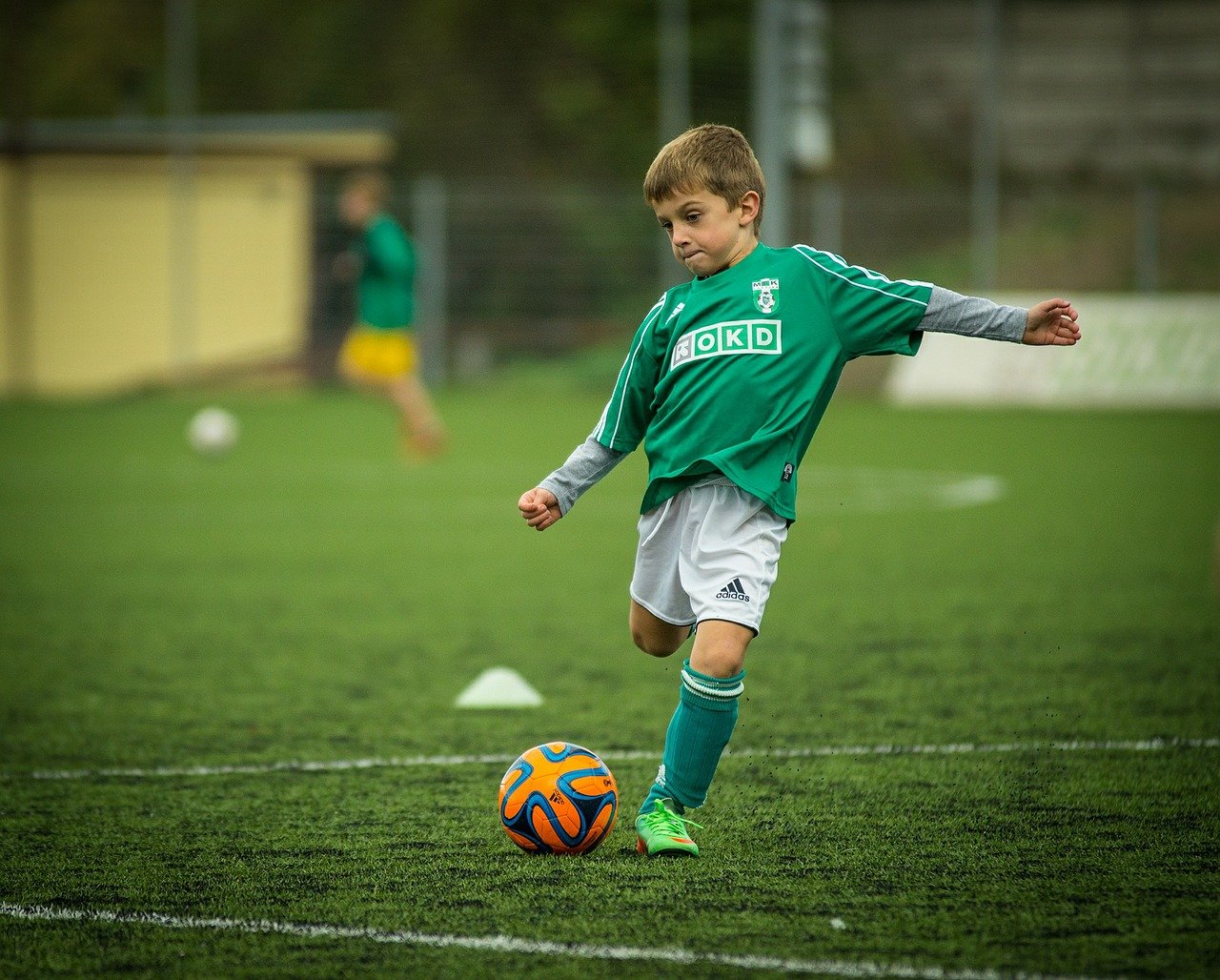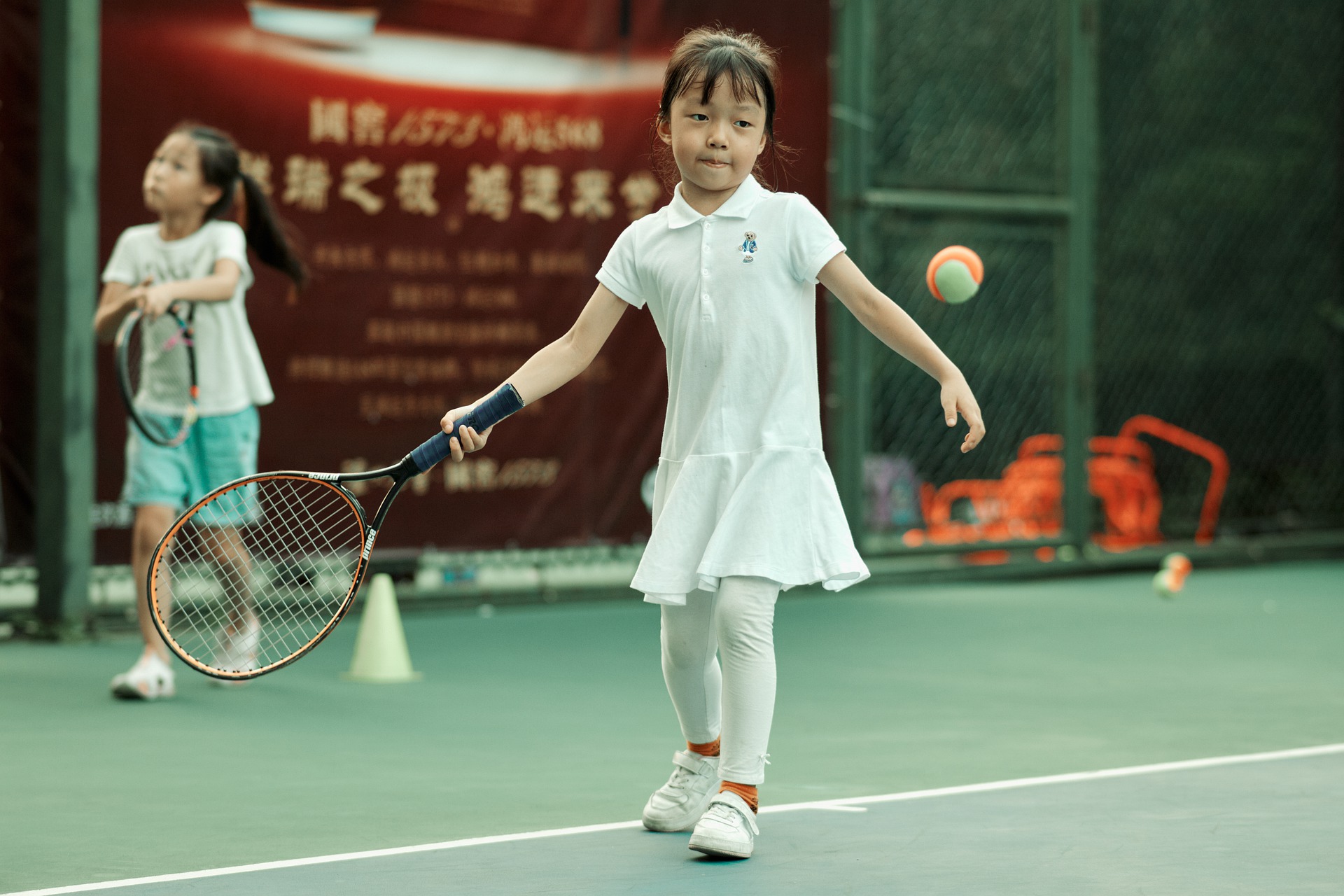As a family sport is a massive part of our lives. My husband volunteers as a football coach for the local under 12’s team. Both my boys play for the local football teams and enjoy swimming lessons as well as getting involved with additional after schools sports at every opportunity too. And as for me, well, I always have some sport related challenge on the go, at the moment it is the Virtual Lands End To John O’Groats 874 miles running challenge! When we aren’t playing sport we are usually watching it, or at least the boys are. I’m more of a key event type girl, Olympics, Paralympics and the London marathon are about all you will get me to watch but the boys will watch most sports, especially football and when they aren’t playing it or watching it you can be sure they are talking about it. Checking the championship results and discussing league tables, points, configurations and lots of other things I have no understanding of!
But despite our difference in sporting loves one thing we all agree on is that sport should be a key part of school life as it has so many benefits.
Both extracurricular activities and sports are ways of getting the blood pumping, enticing students and promoting a level of healthy exercise for children. It has a multitude of benefits that aids both their wellbeing and their academic progress.
In this guide from a preschool in New York, we take a look at the key benefits sports brings to schoolchildren and the reasons why teachers and parents encourage their children to take part.
Boosts their health
A key benefit is the benefits it has to your health. Regular exercise is known to keep people healthy, active and improves muscle strength and general resistance. It also improves our mental health general wellbeing by alleviating low mood, encouraging social skills to be used and improving cognitive functions.
Improved coordination skills
Sports are often reliant on a number of teammates working together, like football, hockey or basketball. These are hugely beneficial in improving team building skills, coordination, communication and collaboration with others. Your child may also be speaking to people they’ve not spoken to before, helping with their social skills and making new friends in different places.
Transferable skills for the classroom
Of course a lot of the skills they develop when playing sports can be used in classroom settings as well. Students tend to be more likely to listen, pay attention and have stronger critical thinking skills if they pick up a sport as a hobby or take part in school time. These key skills can give your child the best chances to progress in both school subjects and through daily life situations.
Instils important values
With new skills also comes new values and thoughts from training and practicing by playing sports. It can teach you about how to be patient, how practice makes things perfect, but also that it’s not a race to the top. These improve your child’s outlook on life, self-esteem and confidence.

